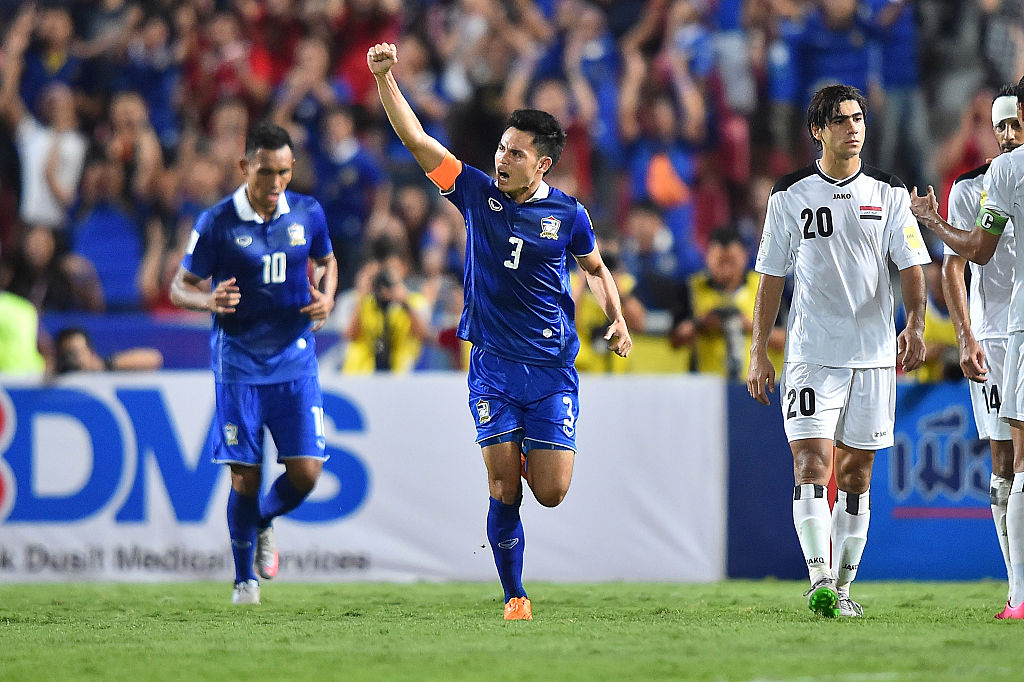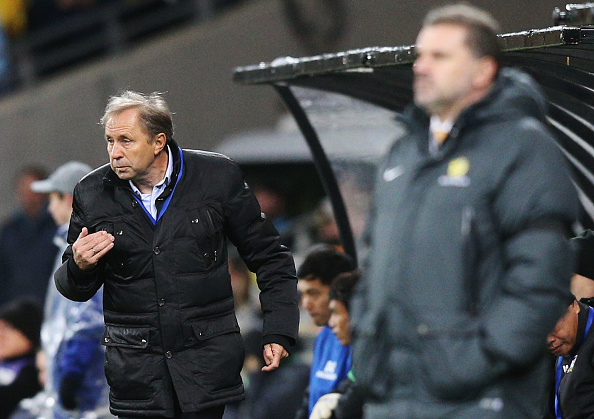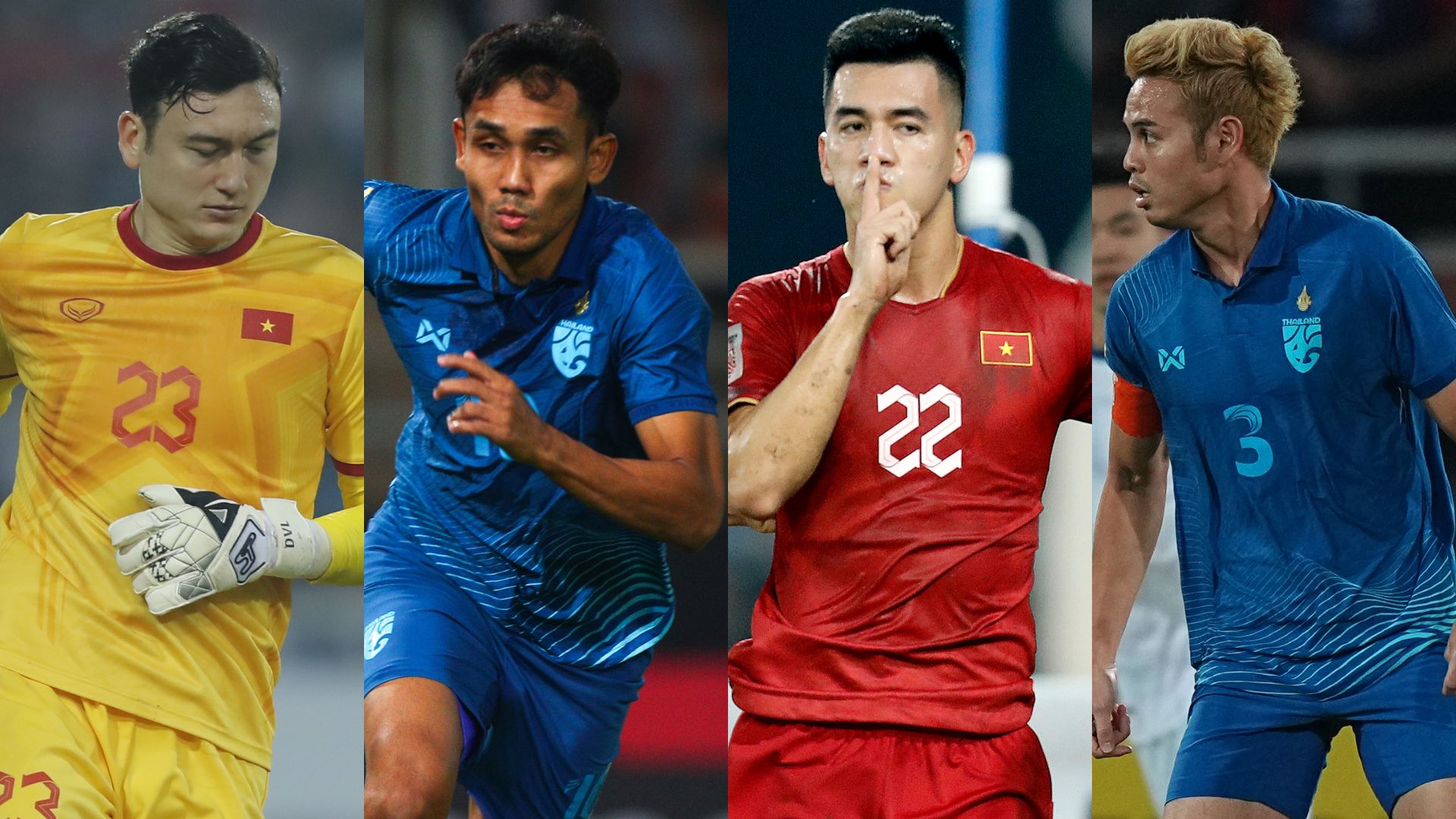Rajevac upbeat despite absence of key players

Thailand head coach Milovan Rajevac remains confident of success in the AFF Suzuki Cup despite the absence of his four star men.
The War Elephants cannot select their Japan and Belgium-based players as the Southeast Asian showpiece falls outside FIFA calendar dates.
This means that playmaker Chanathip Songkrasin, striker Teerasil Dangda, wing-back Theerathon Bunmathan and goalkeeper Kawin Thamsatchanan will be unavailable when the Thais begin their defence of the title in November.
Rajevac will not select them for October’s friendlies against Hong Kong and Trinidad and Tobago as he prepares his side for life without their key men.
But the Serbian remained positive when we spoke to him about the challenges in the months ahead.
How much of a disappointment is that you cannot select the four overseas-based players for both the October friendlies and the AFF Suzuki Cup?

On the one hand, it’s an excellent thing for the national team because they are getting some more experience at a different level of professionalism and in every aspect of football.
On the other hand, they are unavailable for the AFF Suzuki Cup, which is a blow, but of course there are many talented players here that we can count on.
We will have time to prepare ourselves for this competition and, fortunately for us, we will have the overseas-based players for the most important competition, which is the Asian Cup.
What impact does their absence have on your chances of success in the AFF Suzuki Cup?
It affects us in some ways because Thailand is the favourite. In Southeast Asia, Thailand is probably the best team and for these players, this tournament should be easy because they have been dominating at this level.
Without them, we are still the favourites, and I have faith in my other players’ ability to handle the pressure, to play according to my instructions, to play as a team and to have a winning mentality that allows them to cope with the challenge of any other team.
It’s a great chance for some other players to prove themselves. They will be motivated because if they perform well, they can become part of the team for the Asian Cup.
Who do expect to captain the team in the absence of Kawin, Teerasil and Theerathon?

It’s a good question for us and we are now giving it some serious thought. We are always monitoring players for their personalities and characteristics.
We are weighing up leadership qualities, authority and influence and who has the respect of the other players. We always rotate the captaincy between three players and before the camp starts we will make the final decision and hopefully the best decision for us and the team.
The captain is like a coach on the pitch, so this is a very important thing and we have to choose wisely.
Since becoming head coach, you have made the team more compact and more organised in defence against stronger opponents. In the AFF Suzuki Cup, will you adopt a more attacking approach when playing against teams you are expected to beat?
We are trying to improve in every aspect of our game and in modern football, the most important thing is to be able to play well at both ends of the pitch.
Transitions from attack to defence and defence to attack are key and if you look at the recent World Cup, you can see that team possession is not so important anymore.
There are many factors to determine whether or not you adopt a more attacking or defensive strategy. The most important things are to play effectively as team – to attack together, to defend together and to be able to transition very quickly.
Who do you expect to be your main challengers at the AFF Suzuki Cup?

You never know about the current form of the team and the players they will have available but we definitely consider Vietnam to be the toughest challenge for us.
Of course, the other teams have their strengths and we can expect a stiff test from Indonesia, the Philippines, Malaysia, Myanmar and Singapore, who all have good players.
But we see Vietnam as potentially the most difficult opponent. They have a quality league, they have very good young players, they have had good results at the younger age levels. It is clearly a team with good future prospects
What do you hope to gain from the friendly matches at Hong Kong and at home to Trinidad and Tobago in October?
It’s a test that we want before the two competitions. One of the matches is away, which is important as we will play some away matches at the AFF Suzuki Cup and we want to see how the players function and prepare and perform mentally away from home.
We don’t have a lot time to prepare for these matches – basically two days of training – and you cannot push too much, especially because of the proximity of the matches but it is definitely a good opportunity to look at some players.
You took Ghana to the quarter final of the 2010 World Cup. What advantages does that give you in competition?

It was an amazing experience, not only to coach at the World Cup but also at the African Cup of Nations and the African Championship.
All these competitions taught me a lot because you always make some tiny mistakes and you learn from them. You look back and think about what you should have done differently.
These competitions definitely give you a lot of knowledge and experience that can be used later in your career. It can be a key factor in tight matches when you can use this to your advantage.
Photos: Getty Images





















